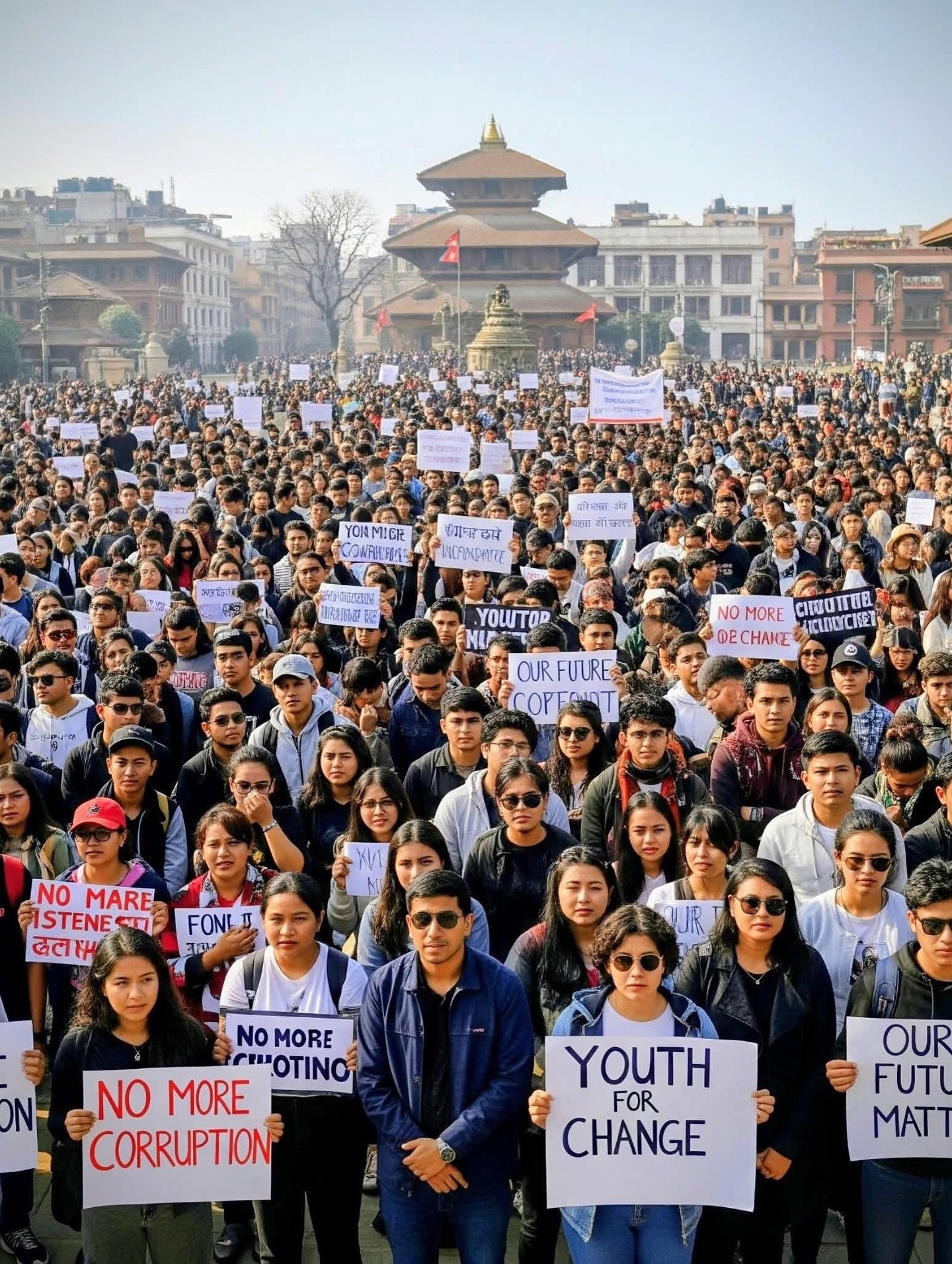By Ramesh Gurung • Frontline • Sep 10, 2025 21:10 PM • 825 views
Nepal on the Brink: Curfew Declared, Military in the Streets as Crisis Deepens
The Nepali government has imposed an indefinite nationwide curfew and authorized the deployment of the army onto city streets in an unprecedented move to quell massive anti-government protests. The decision, a stark escalation of the state’s response, follows days of violent demonstrations triggered by severe economic hardship and a deep-seated political crisis, raising fears of a return to the instability of the nation's civil war era.
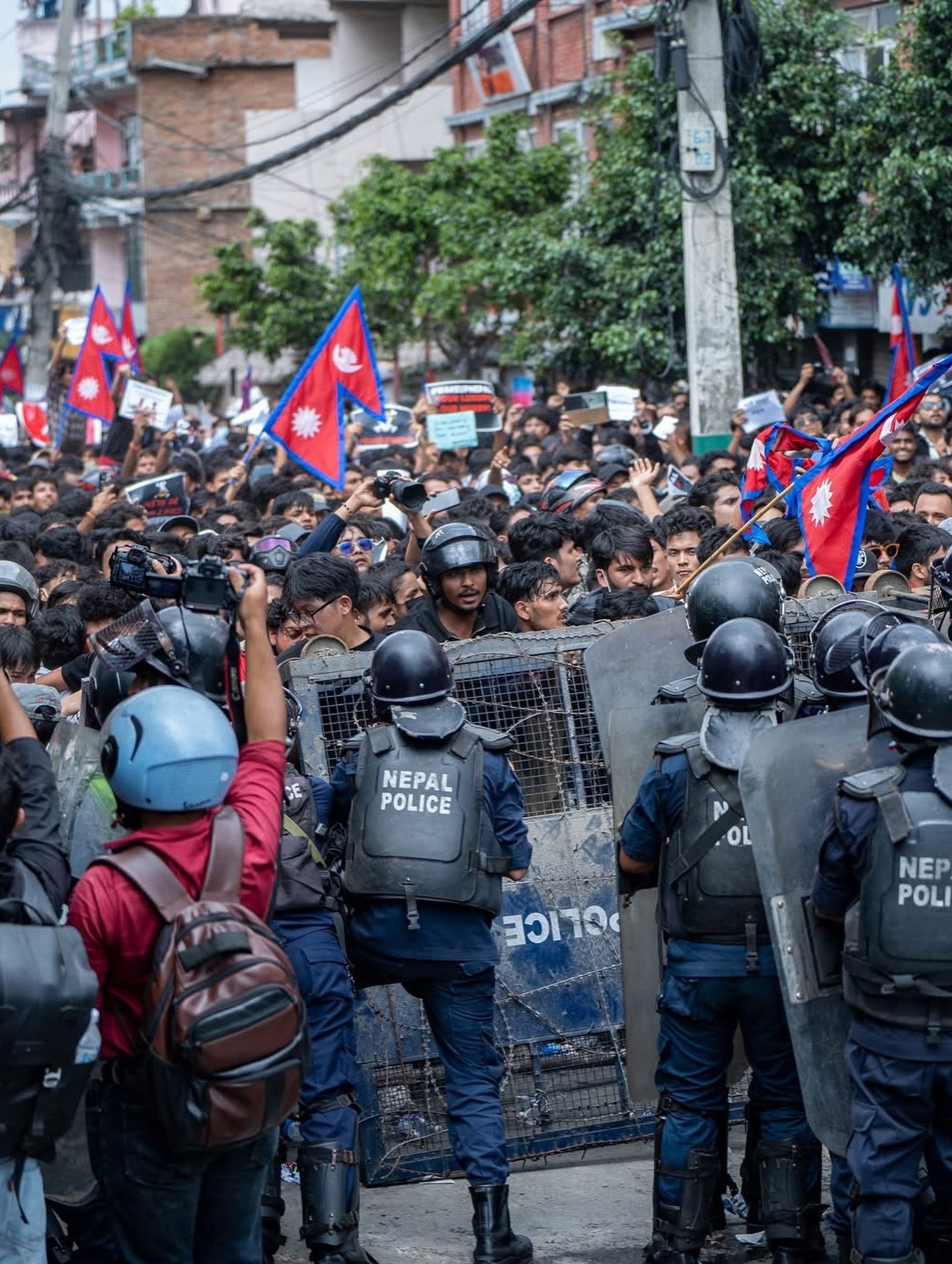 A Nation on Lockdown, as of 06:00 local time, all movement across Nepal is severely restricted. The curfew order mandates that all citizens, with the exception of essential and security personnel, must remain indoors. The capital, Kathmandu, presents a scene of eerie desolation. The usual chaotic bustle of the city has been replaced by armed military patrols and armored vehicles stationed at major intersections, government buildings, and historical sites. Security forces have been authorized to use "necessary force" to enforce the curfew, according to a statement from the army chief, General Ashok Raj Sigdel. Flights into Tribhuvan International Airport continue closure until further notice, though all ground transportation for arrivals is suspended, stranding tourists and citizens alike.
A Nation on Lockdown, as of 06:00 local time, all movement across Nepal is severely restricted. The curfew order mandates that all citizens, with the exception of essential and security personnel, must remain indoors. The capital, Kathmandu, presents a scene of eerie desolation. The usual chaotic bustle of the city has been replaced by armed military patrols and armored vehicles stationed at major intersections, government buildings, and historical sites. Security forces have been authorized to use "necessary force" to enforce the curfew, according to a statement from the army chief, General Ashok Raj Sigdel. Flights into Tribhuvan International Airport continue closure until further notice, though all ground transportation for arrivals is suspended, stranding tourists and citizens alike.
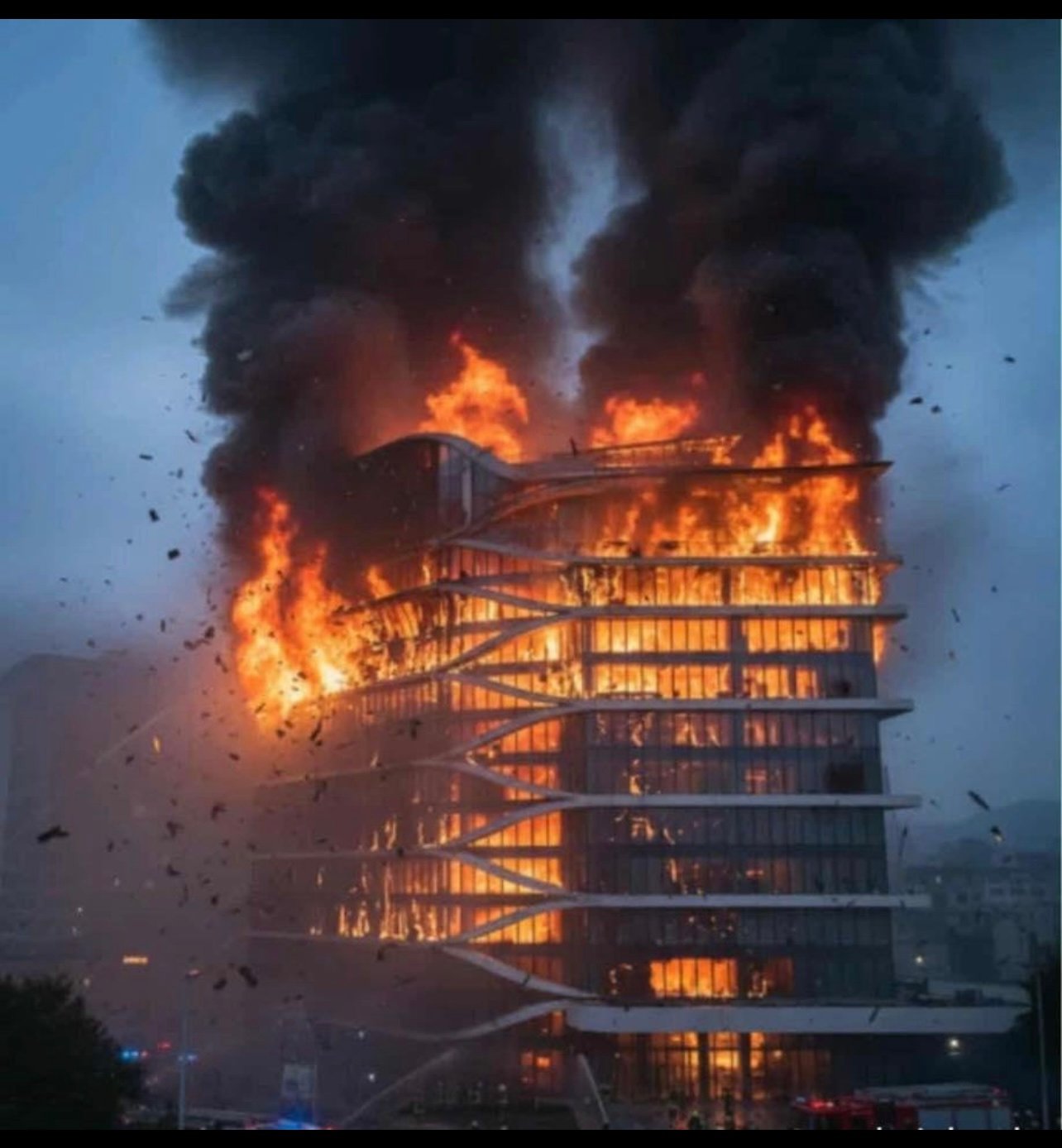 Roots of the Crisis erupted from Economic Grievances to Political Fury.The protests did not emerge in a vacuum. Analysts point to a confluence of critical factors. As Economic Collapse surging Nepal faces a severe economic crisis. Inflation has soared to over roof, with prices for essential commodities like cooking gas and fuel skyrocketing. Chronic fuel shortages have crippled transportation and industry. Remittances, a cornerstone of the economy, have dwindled due to global economic slowdowns. Allegations of Corruption and incompetence is the main issue and the current coalition government has been failed to address. The public perception is that the political class is enriching itself while the average Nepali suffers.
Nepal now is in Political Deadlock.The government has been paralyzed by infighting, unable to pass crucial legislation or address the economic freefall. The main opposition parties, the Nepali Congress and the CPN-UML, have withdrawn from parliament, accusing the government of being illegitimate and demanding its dissolution.
Roots of the Crisis erupted from Economic Grievances to Political Fury.The protests did not emerge in a vacuum. Analysts point to a confluence of critical factors. As Economic Collapse surging Nepal faces a severe economic crisis. Inflation has soared to over roof, with prices for essential commodities like cooking gas and fuel skyrocketing. Chronic fuel shortages have crippled transportation and industry. Remittances, a cornerstone of the economy, have dwindled due to global economic slowdowns. Allegations of Corruption and incompetence is the main issue and the current coalition government has been failed to address. The public perception is that the political class is enriching itself while the average Nepali suffers.
Nepal now is in Political Deadlock.The government has been paralyzed by infighting, unable to pass crucial legislation or address the economic freefall. The main opposition parties, the Nepali Congress and the CPN-UML, have withdrawn from parliament, accusing the government of being illegitimate and demanding its dissolution.
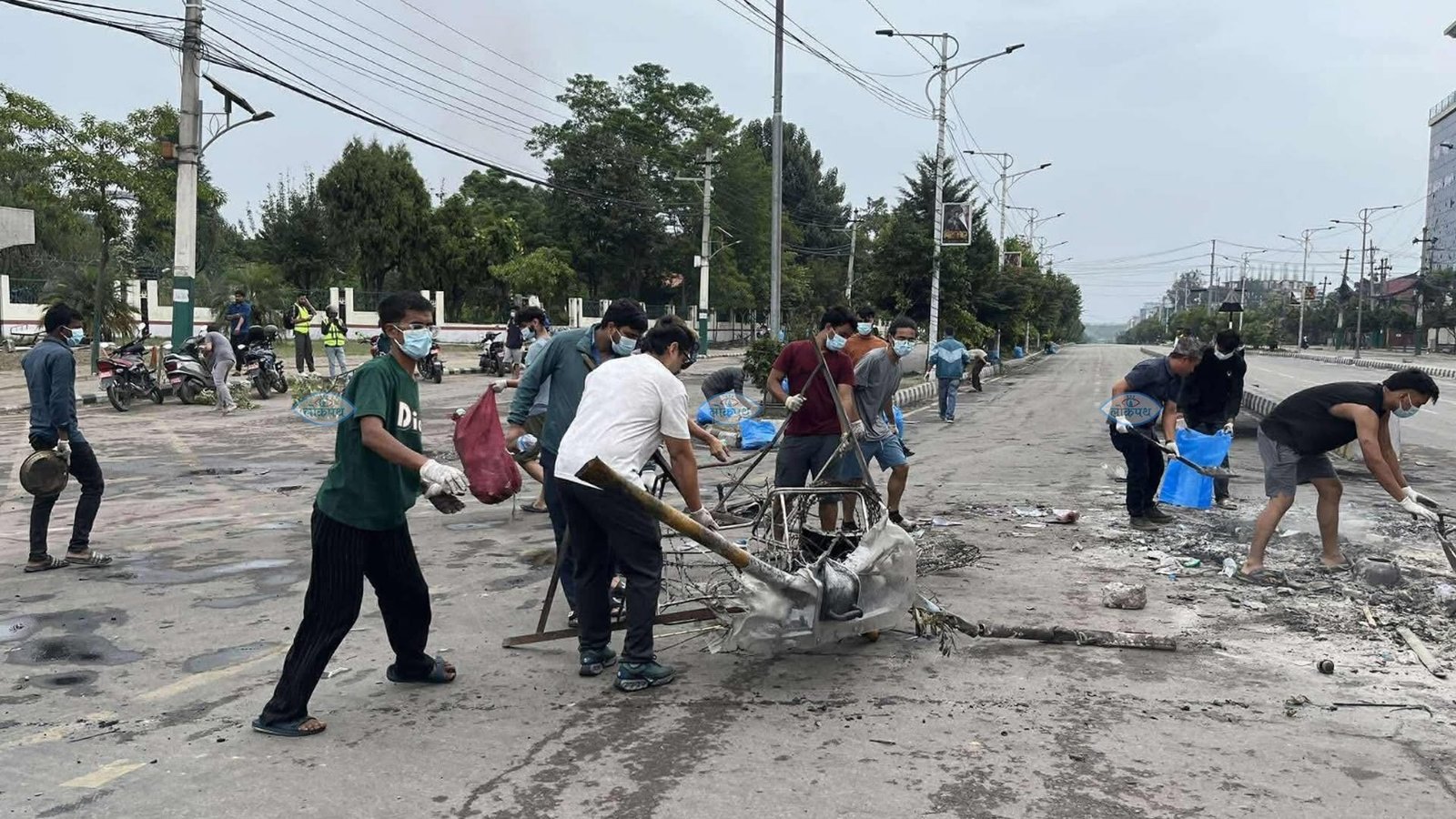 The initial, scattered protests over fuel prices quickly coalesced into a broader movement with a clear political demand: the resignation of the government and the formation of a new, national unity administration to steer the country through the crisis.The government defends its drastic measures as a necessary step to prevent anarchy."Certain elements are seeking to destabilize the nation through violence and destruction of public property. The deployment of the Nepal Army is a constitutional step to protect national assets and ensure the safety of our citizens. Our goal is stability, not suppression," stated Defense Minister Hari Prasad Upreti in a televised address.
The initial, scattered protests over fuel prices quickly coalesced into a broader movement with a clear political demand: the resignation of the government and the formation of a new, national unity administration to steer the country through the crisis.The government defends its drastic measures as a necessary step to prevent anarchy."Certain elements are seeking to destabilize the nation through violence and destruction of public property. The deployment of the Nepal Army is a constitutional step to protect national assets and ensure the safety of our citizens. Our goal is stability, not suppression," stated Defense Minister Hari Prasad Upreti in a televised address.
The international response has been cautious. The United Nations Nepal office issued a statement urging "maximum restraint, respect for human rights, and peaceful dialogue." Neighboring India and China, both with significant strategic interests in Nepal, are monitoring the situation closely, with travel advisories being issued to their citizens.
Despite the media blackout and communication disruptions, voices from the public filter through, reflecting deep anxiety and anger across country. A Shopkeeper in Patan said, "My shop is closed, my income is zero. But more than that, the sight of soldiers everywhere brings back terrible memories of the war. We fought for democracy, and now it feels like we are losing it," he said, requesting anonymity for fear of reprisal. A Student Protester (via encrypted message), "They can put the army on the streets, but they cannot solve the price of bread. This curfew won't silence us; it only proves the government has no answers for the people."
Human rights organizations, including Amnesty International, have expressed grave concern, calling for the right to peaceful assembly to be respected and warning against the use of excessive force.
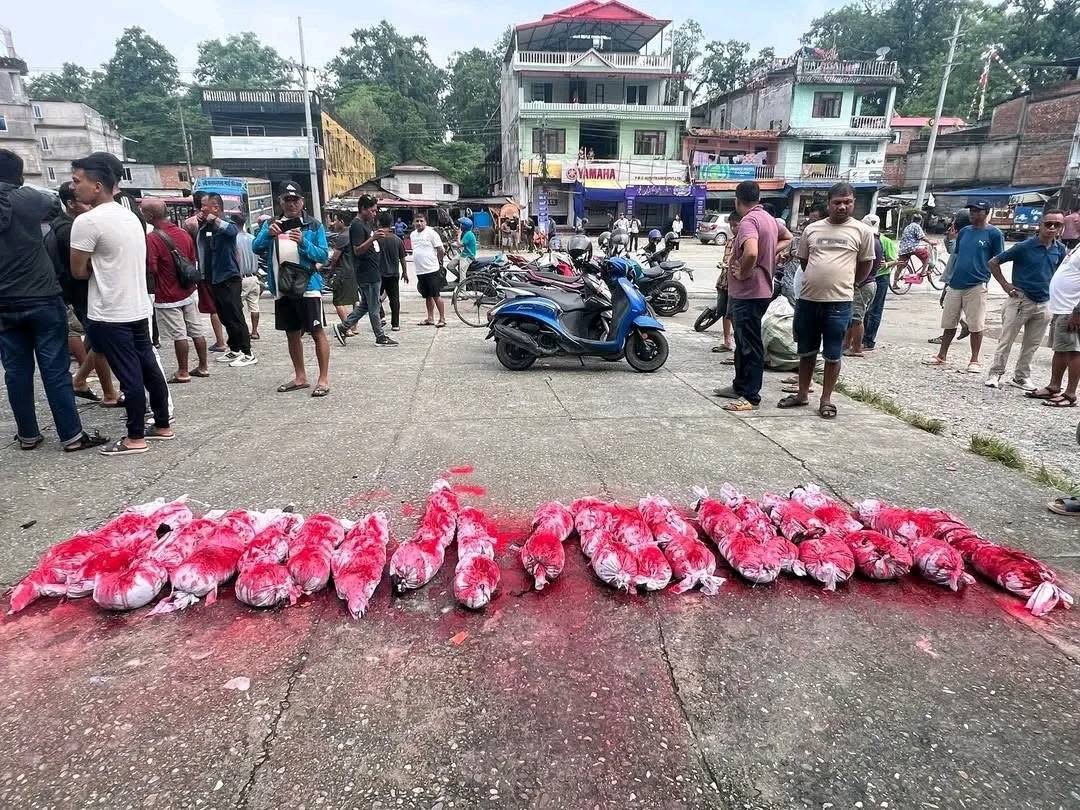 A Dangerous Precedent, the youth-led anti-corruption protests that have shaken Nepal have taken a chaotic turn, with reports of widespread looting and a massive prison break adding a new dimension of lawlessness to the unrest. As the protests escalated and police struggled to maintain order, opportunist thugs and criminal elements have reportedly joined the crowds, shifting the focus from peaceful demonstration to violent looting. News reports and social media videos show incidents of mob attacks on private property, including businesses and the homes of politicians. The residences of several high-profile political figures have been ransacked, with valuable items and cash reportedly stolen.
A Dangerous Precedent, the youth-led anti-corruption protests that have shaken Nepal have taken a chaotic turn, with reports of widespread looting and a massive prison break adding a new dimension of lawlessness to the unrest. As the protests escalated and police struggled to maintain order, opportunist thugs and criminal elements have reportedly joined the crowds, shifting the focus from peaceful demonstration to violent looting. News reports and social media videos show incidents of mob attacks on private property, including businesses and the homes of politicians. The residences of several high-profile political figures have been ransacked, with valuable items and cash reportedly stolen.
In a stunning development, the Nepal Police has confirmed that over 13,500 prisoners have escaped from jails across the country amidst the chaos. The jailbreaks, which occurred in multiple districts, were reportedly a result of inmates overpowering guards who were overwhelmed or had been reassigned to protest duty. In one incident in Kathmandu, inmates at the main jail set fire to buildings in an attempt to escape, requiring the army to be deployed to quell the situation.
This new wave of crime and disorder has complicated the protests, which began with a clear message against corruption and social inequality. The government, now in disarray with Prime Minister Oli's resignation, is facing a severe crisis of governance, with the breakdown of law and order threatening to completely overshadow the original demands of the "Gen Z" protesters. The deployment of the military for domestic crowd control is a highly sensitive issue in Nepal, a country that endured a decade-long Maoist insurgency that ended only in 2006. The move risks further inflaming public sentiment and could lead to a dangerous cycle of violence.
"Using the army is the tool of last resort for any civilian government. It signifies a complete breakdown of political dialogue," said Dr. Meena Acharya, a prominent political analyst. "This action delegitimizes the government further. The only path forward is immediate, internationally mediated talks with opposition leaders and civil society to address the economic grievances and chart a political way out. The alternative is unthinkable."
What to watch next keys concern future focus for prosperious Nepal.
How long can the government sustain a nationwide lockdown without causing a humanitarian crisis? The public's most pressing concern is personal safety and the security of their property. With police overwhelmed and a massive number of prisoners on the loose, the threat of crime and violence has increased dramatically. Any incidents of violence against civilians could trigger a massive backlash.
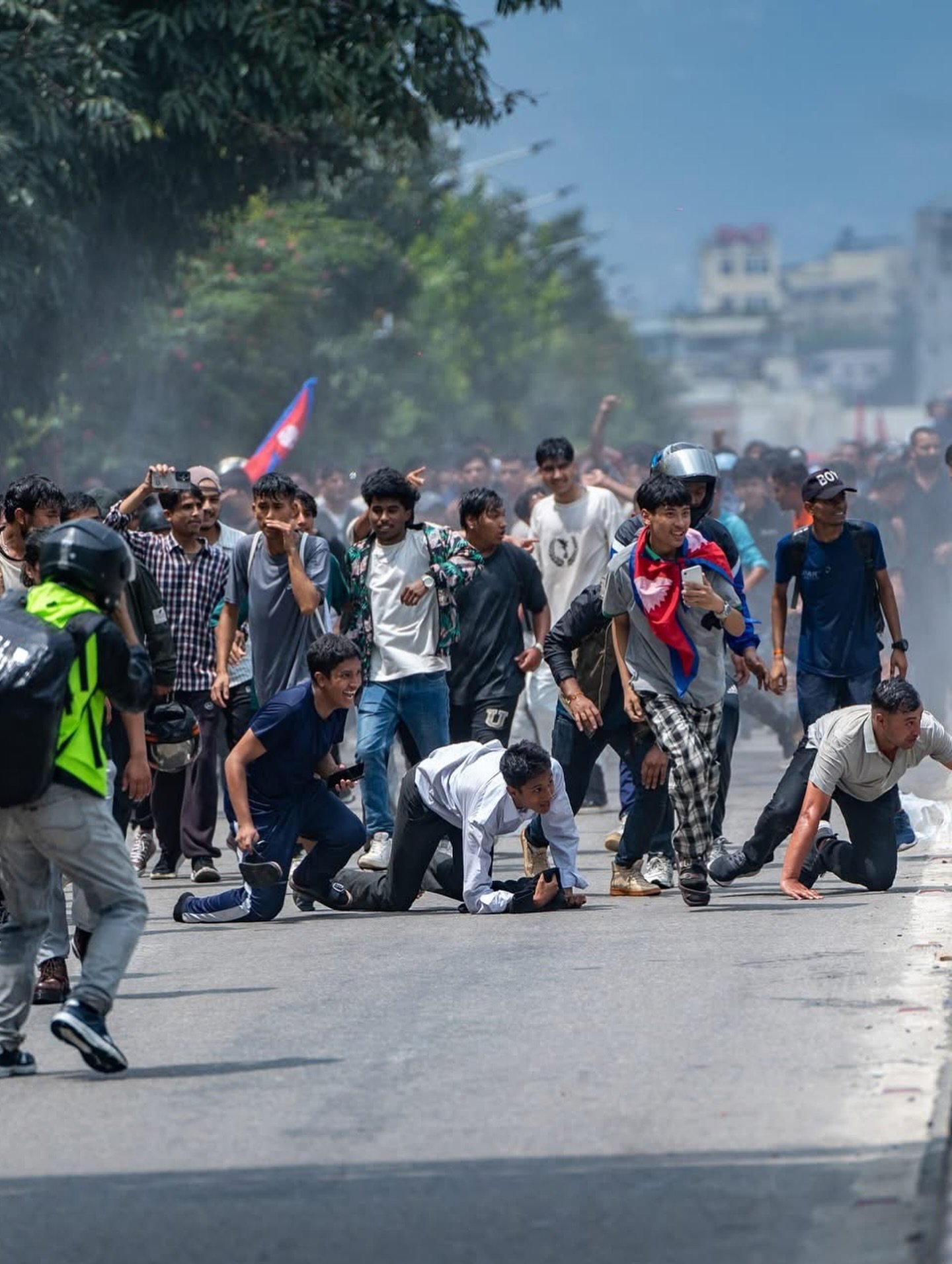 Political vacuum Movement, as Will the government or opposition blink? With Prime Minister Oli's resignation, a power vacuum has been created. The top priority for all political players is to form a new government. However, the youth-led movement is highly skeptical of traditional political parties, making a new coalition a difficult task. Are backchannel negotiations underway?
Political vacuum Movement, as Will the government or opposition blink? With Prime Minister Oli's resignation, a power vacuum has been created. The top priority for all political players is to form a new government. However, the youth-led movement is highly skeptical of traditional political parties, making a new coalition a difficult task. Are backchannel negotiations underway?
Rise of new figures are growing interest as hope of new Nepal, keeping an eye on figures outside of the political establishment, such as Kathmandu Mayor Balendra Shah, Dharan Mayor Harkha Sampang, a Nepali revolutionary, politician and diplomat, Shailaja Acharya, who She served as The Prime Minister of Nepal for three months in 1998, and Kul Man Ghising a former managing director of Nepal Electricity Authority He resolved the country's long-standing load-shedding (power outage) crisis, which had resulted in power cuts of up to 18 hours per day for decades after assuming office in his first term are strong future candidtes.
Threat of Monarchy Restoration is coming back from nowhere. The political instability has fueled calls for the return of the monarchy, with a small but vocal group arguing that the old system would provide a much-needed sense of stability and unity. While a full restoration is unlikely, the idea is gaining traction among those disillusioned with the current democratic system.
The Future of the Youth Movement is processing and how they do keep maintaining Unity. The movement's strength lies in its decentralized, non-partisan nature. The key challenge now is for the "Gen Z" protesters to maintain this unity and not be co-opted by political factions. The movement's ability to articulate clear, actionable demands beyond a general call for change will be crucial.
Avoiding Violence: The shift from peaceful protest to looting and arson has put the movement at risk of losing public sympathy. The next steps for protest leaders will be to condemn the violence and redirect the energy toward constructive engagement.
Gaining Concrete Reforms: The ultimate success of the movement will not be measured by the fall of a government but by the tangible reforms it can achieve, such as an independent anti-corruption body or a overhaul of the political system.
International Pressure, Will key allies like India, China, and the U.S. play a constructive role in facilitating dialogue?
The coming days are critical for Nepal. The Himalayan nation stands at a precipice, balancing between its hard-won democratic peace and a descent into deeper conflict.
Tags:


